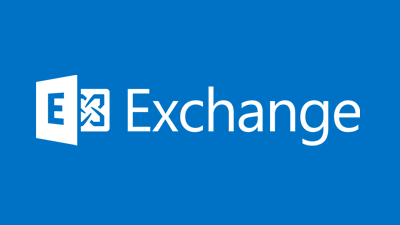Microsoft Exchange TCP/IP Allow Services and Ports

It is enough to open the following Ports on your Firewall according to the usage requirement.
Port Function -TCP port 25 - SMTP -TCP port 26 - SSL secured SMTP -TCP port 110 - Post Office Protocol v. 3 (POP3) -TCP port 995 - SSL secured POP3 -TCP port 143 - Internet Message Access Protocol v. 4 (IMAP4) -TCP port 993 - SSL secured IMAP4 -TCP port 80 - HTTP for Outlook Web Access -TCP port 443 - SSL secured HTTP for Outlook Web Access (HTTPS) -TCP/UDP port 389 - Lightweight Directory Access Protocol (LDAP) -TCP port 3268 - LDAP communications with an Active Directory Global Catalog Server -TCP port 119 - Network News Transfer Protocol (NNTP) -TCP port 563 - SSL secured NNTP -TCP port 135 - Remote Procedure Protocol (RPC) however it will also use ports 1024 and up as needed. -TCP/UDP port 53 - Domain Name System (DNS) -TCP port 102 - Mail Transfer Agent (MTA) *Only used in X.400 connections. -TCP/UDP port 88 - KERBEROS - Additionally if you are secureing any servers such as front-end / back-end servers with IPSEC you will need to allow IP protocol 51 for the Authenitcation Header, IP protocol 50, TCP/UDP port 88 for KERBEROS, and UDP port 500 for Key Exchanges. Port Function 25 SMTP 53 DNS 80 http 88 Kerberos 110 POP3 135 EPMAP 143 IMAP 389 LDAP 443 HTTPS 587 SMTP 993 IMAPS 995 POP3S 3268 Microsoft Global Catalog 3343 MS Cluster Net 5060 SIP 5061 SIP (over TLS) 5062 Localisation access 5075 Skype for Business Server Call Park service 5076 Skype for Business Server Audio Test service 50636 EdgeSync synchronization 64327 DAG replication
Saygılarımla. – Best regards.
This post is licensed under CC BY 4.0 by the author.